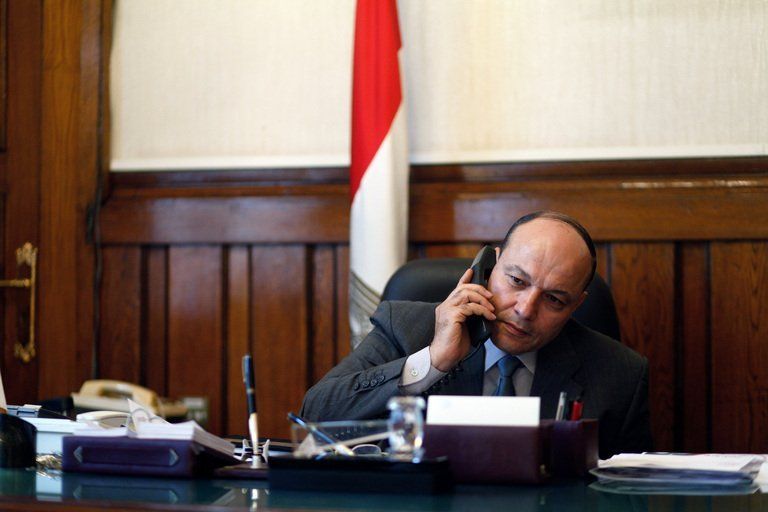
Prosecutor General Tala’at Abdallah has formed a new body to investigate crimes committed against protesters during the 2011 Revolution.
The Revolution Protection Prosecution is headed by Amr Fawzy and includes 20 further members. It is tasked with investigating the findings of the fact-finding committee that handed in its final report to Abdallah a few days ago.
The body will also look into other complaints of crimes against protesters that were not included in the fact-finding committee’s report.
Gamal Eid, human rights lawyer and Director of the Arab Network for Human Rights Information, said the law body was based on is poor and even if it is named a revolution protection body it might be used to limit freedoms and the independence of the judiciary. “It is an exceptional law,” Eid said.
Eid said Egypt does not need exceptional laws. “The current laws are enough to bring justice,” he said. The solution is “for [President Mohamed] SMorsy to keep away from the judiciary and for the independence of the judiciary to be restored,” Eid added.
Before being handed to the prosecutor general, the report was handed to President Morsy. The final report has not been released to the public. The presidency said it is better to withhold from releasing the 700-page report because only the public prosecution should assess the evidence and information in it.
The fact finding committee was formed over six months ago based on a presidential decree. It was tasked with gathering information about the murders, attempted murders, and injuring of protesters nationwide between 25 January 2011 and 30 June 2012.
This was a period known as the transitional period when the Supreme Council of Armed Forces ruled the country.
Throughout the past six months, the committee has examined sites, gathered evidence and discussed events with witnesses on crimes against protesters not already investigated
According to state-run Al-Ahram, the newly formed body will be holding its first meeting on Thursday to develop an action plan.
